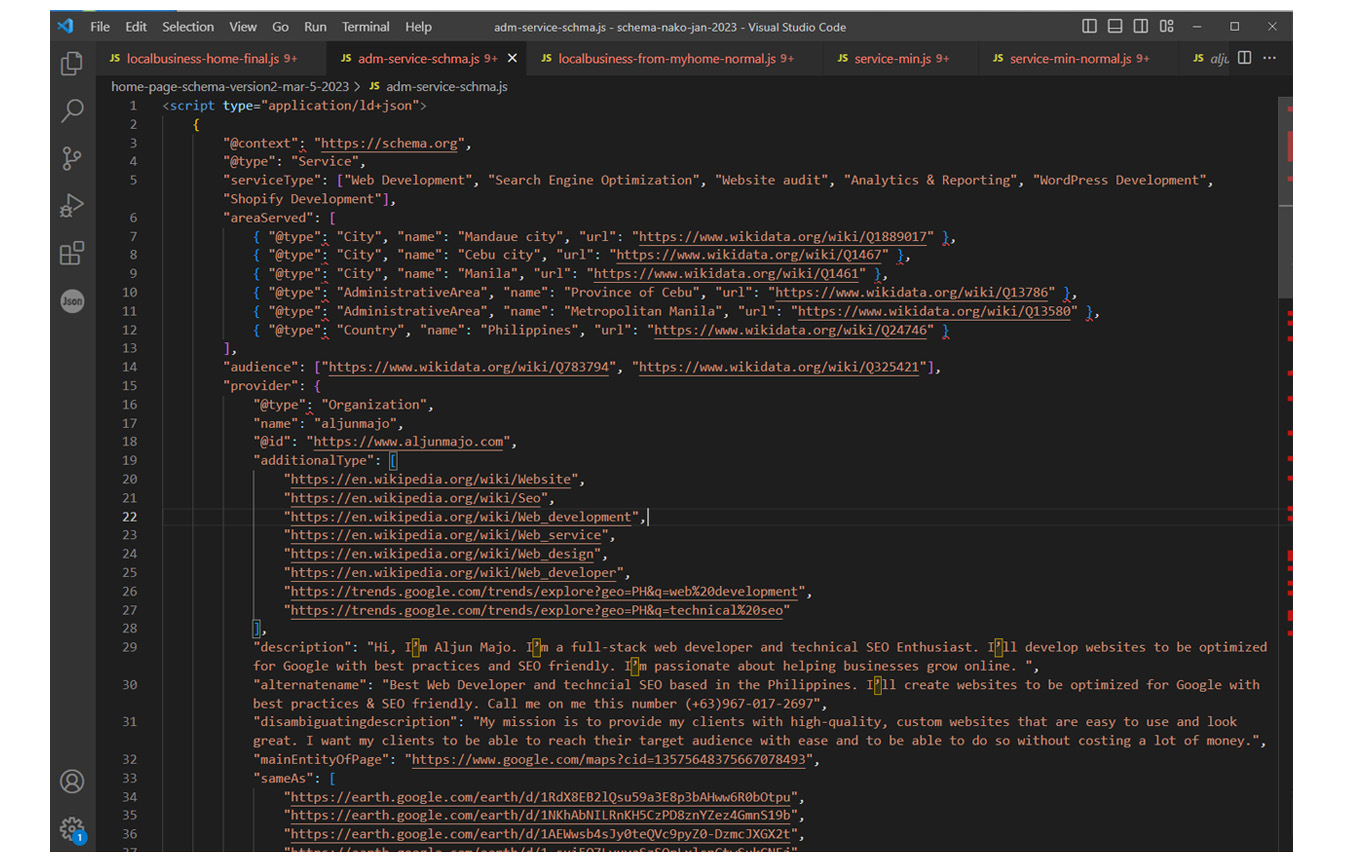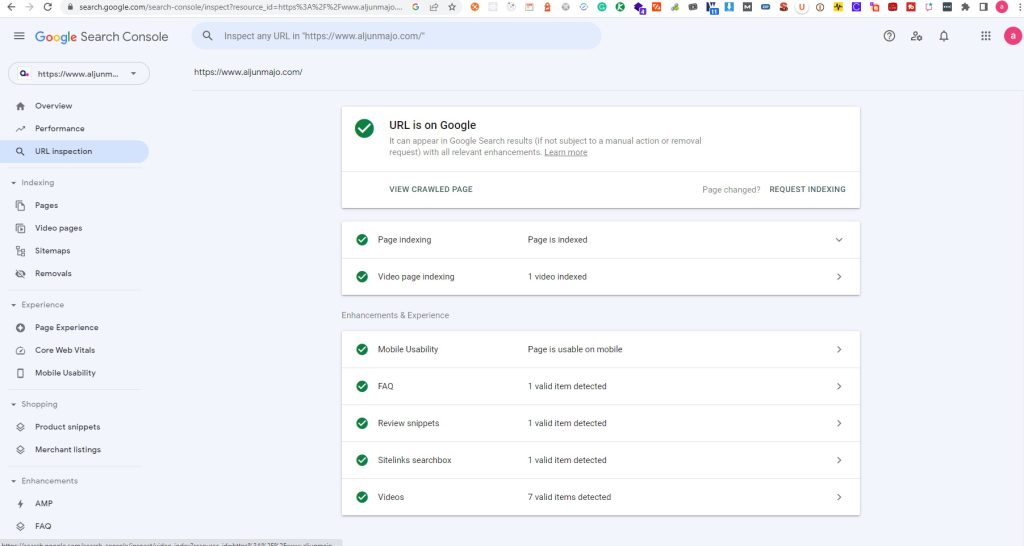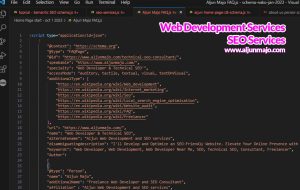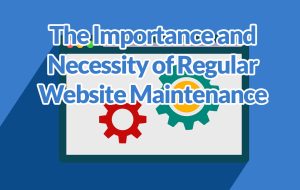Mastering JSON-LD Schema Markup to Skyrocket Your SEO

Hey there, fellow web enthusiasts! As someone who’s always on the lookout for innovative ways to improve my content’s online visibility and search engine ranking, I’ve stumbled upon a game-changer that I can’t wait to share with you. If you’re ready to take your website’s schema markup to the next level, it’s time we talk about JSON-LD.
Now, you might be wondering, “What on earth is JSON-LD, and why should I care?” Well, let me tell you – it stands for JavaScript Object Notation for Linked Data, and trust me when I say it’s going to revolutionize the way you approach schema markup. Say goodbye to messy inline microdata sprinkled throughout your HTML code; JSON-LD is here to make things simpler, more efficient, and definitely more appealing to our beloved search engines. So buckle up and join me as we dive into the world of JSON-LD for schema markup – it’s going to be a game-changing ride!
Understanding JSON-LD and Its Role In Schema Markup
Let me introduce you to the world of JSON-LD and its essential role in schema markup. If you’re not familiar with it, don’t worry, we’ve all been there! Let’s start by breaking down the JSON-LD basics. JSON-LD stands for JavaScript Object Notation for Linked Data, which is a lightweight data serialization format that makes it easy to share structured data across different applications. It’s built upon linked data principles, which help create connections between different datasets on the web.
<script type="application/ld+json">
{
"@context": "https://schema.org",
"@type": "Service",
"provider": {
"@type": "Organization",
"name": "Aljun Web Development and SEO services",
"url": "https://www.aljunmajo.com",
"logo": "https://www.aljunmajo.com/wp-content/uploads/2023/03/aljun-logo-white-2.png",
"sameAs": [
"https://earth.google.com/earth/d/1RdX8EB2lQsu59a3E8p3bAHww6R0bOtpu",
"https://earth.google.com/earth/d/1NKhAbNILRnKH5CzPD8znYZez4GmnS19b",
"https://earth.google.com/earth/d/1AEWwsb4sJy0teQVc9pyZ0-DzmcJXGX2t",
"https://earth.google.com/earth/d/1-sui5Q7LyuvaSzSOrLxlcnCtwSukCNEj",
"https://www.facebook.com/groups/webdevelopmentandseofreelancing"
"https://www.facebook.com/aljunmajo/",
"https://www.youtube.com/@aljunmajo"
],
"address": {
"@type": "PostalAddress",
"streetAddress": "123 Main Street",
"addressLocality": "Cebu",
"addressRegion": "Central Visayas",
"postalCode": "XXXX",
"addressCountry": "Philippines"
},
"telephone": "+1-555-123-4567",
"email": "contact@aljunmajo.com"
},
"serviceType": ["Web Development", "Search Engine Optimization", "Website audit", "Web Server and Hosting", "WordPress Development", "Shopify Development"],
"description": "Hi, I’m Aljun Majo. I’m a full-stack web developer and technical SEO Enthusiast. I’ll develop websites to be optimized for Google with best practices and SEO friendly. I’m passionate about helping businesses grow online.",
"areaServed": {
"@type": "Place",
"name": "Philippines",
"geo": {
"@type": "GeoShape",
"polygon": "XXX"
}
},
"priceRange": "$200 - $3,000",
"availableChannel": {
"@type": "ServiceChannel",
"serviceUrl": "https://www.aljunmajo.com/contact/"
}
}
</script>
Now that you have an idea about what JSON-LD is, let’s dive deeper into the schema vocabulary aspect. Schema.org is a collaborative project that aims to create a universal vocabulary for describing structured data on websites. By using this vocabulary along with JSON-LD, you can easily convey information about your website’s content in a way that both humans and machines can understand. This combination allows search engines like Google to better understand and categorize your content, ultimately leading to improved search rankings and overall user experience.
So why are so many people excited about JSON-LD? Well, it’s primarily because it plays a huge role in creating a more semantic web. A semantic web is an extension of the current internet, where information is given well-defined meaning through structured data formats like JSON-LD. This enables computers and other devices to better interpret and process data in ways comparable to human understanding. In simpler terms: JSON-LD helps machines make sense of our online world!
I hope this introduction has piqued your interest in JSON-LD and schema markup because there’s so much more to explore! The potential benefits are immense, especially when it comes to SEO (Search Engine Optimization). As we move forward into the next section on “the SEO advantages of structured data,” you’ll discover how adopting these innovative techniques can give your website an edge over competitors while providing users with a richer browsing experience. So stay tuned!
The SEO Advantages Of Structured Data
Now that we have a solid grasp on JSON-LD and its role in schema markup let’s dive into the SEO advantages of incorporating structured data into your digital marketing strategy. By leveraging schema integration and JSON-LD optimization, you can harness the power of structured data to boost your online visibility and improve search engine rankings. In this competitive digital landscape, staying ahead of the curve by adopting innovative markup strategies is essential for success.
One of the most significant SEO benefits of using structured data is increased click-through rates (CTRs) from search engine results pages (SERPs). When you implement schema markup, search engines like Google can better understand your content and display rich snippets or other enhancements that make your site more appealing to users. These eye-catching results can lead to higher CTRs, driving more organic traffic to your website and ultimately resulting in improved conversion rates.
Additionally, schema integration with JSON-LD can help establish your brand as an authority in your industry. Structured data allows search engines to better categorize and interpret your content, making it easier for them to present it within relevant knowledge graphs or answer boxes. This prominent placement not only makes your brand more visible but also lends credibility by indicating that search engines trust the information you provide.
The impact of structured data on local SEO should not be overlooked either. Local businesses can greatly benefit from JSON-LD optimization by providing accurate details about their business location, hours of operation, contact information, reviews, and more. This detailed information helps search engines deliver accurate local results while also creating a seamless user experience for potential customers seeking specific products or services near them. As we move forward to discuss JSON-LD versus other markup formats, keep in mind how crucial it is to stay ahead in the game by adopting effective markup strategies tailored to your business needs.
JSON-LD Versus Other Markup Formats
Now that we’ve dipped our toes into the world of JSON-LD for schema markup let’s dive deeper and explore how it compares to other markup formats. As savvy web developers and SEO enthusiasts, we’re always on the hunt for innovative ways to enhance our content and improve search rankings. In this section, we’ll discuss JSON-LD limitations as well as markup comparisons, schema alternatives, and challenges in implementing this popular format.
When it comes to comparing JSON-LD with other formats like Microdata or RDFa, one of the key differences lies in their integration methods. While JSON-LD uses a separate script block within the HTML code (making it easier to manage), Microdata and RDFa require inline annotations, which can clutter your codebase. However, JSON-LD does come with certain limitations, such as being less intuitive than inline markups for some developers and potential difficulties in understanding nested entities.
Despite these challenges, JSON-LD has gained significant popularity due to its ease of use and flexibility. It provides a more straightforward approach to implementing structured data compared to some schema alternatives like XML or Turtle syntaxes. Additionally, thanks to its compatibility with JavaScript frameworks like React or AngularJS, you can easily build dynamic web applications while still benefiting from the enhanced search engine visibility offered by schema markup.
As we continue exploring the vast world of schema markup options, it’s crucial to take into account not only the benefits but also any potential drawbacks when selecting a format for your content. Armed with this knowledge about JSON-LD’s strengths and weaknesses alongside markup comparisons and schema alternatives, you’ll be better equipped to make an informed decision on which method best suits your needs. With that said, let’s move forward and learn how to effectively harness JSON-LD’s capabilities across diverse content types without missing a beat!
Effective JSON-LD Implementation For Diverse Content
Picture this: you’ve spent countless hours creating diverse, engaging content for your website, and now it’s time to optimize it for search engines. You know that schema markup can help improve your SEO, but traditional approaches to implementing it leave you feeling overwhelmed and hesitant. Enter JSON-LD, a lightweight data format that makes schema markup implementation a breeze. With its numerous benefits and ability to streamline the process of data integration, JSON-LD is quickly becoming the go-to solution for content optimization.
One of the primary JSON-LD benefits is its flexibility in handling various schema vocabularies. This means that no matter what type of content you’re working with – articles, videos, podcasts, or even product listings – JSON-LD has got you covered. By leveraging this versatile technology, you can effectively communicate your content’s meaning and structure to search engines, which in turn helps boost your visibility on search results pages.
Of course, every innovation comes with its fair share of implementation challenges. When adopting JSON-LD for schema markup, you might encounter issues such as syntax errors or difficulties in incorporating it into your existing codebase. However, these challenges are easily surmountable with proper guidance and best practices at hand. The key is understanding how to connect schema vocabularies with your unique content while ensuring seamless data integration across platforms.
So now that we’ve explored the potential advantages of using JSON-LD for schema markup, let’s dive into a critical aspect of implementation: validation. Consistent testing is essential when adopting any new technology – especially when it comes to SEO strategies – so knowing how to utilize Google’s Structured Data Testing Tool effectively will be invaluable in ensuring a successful integration process. Stay tuned as we delve deeper into this powerful tool and how it can help take your content optimization efforts to new heights!
Utilizing Google’s Structured Data Testing Tool

Now that we’ve touched upon the importance of JSON-LD for schema markup, it’s time to dive into one essential tool that can help you perfect your structured data implementation – Google’s Structured Data Testing Tool. This incredible resource allows you to verify that your JSON-LD markup is up to par with Google’s guidelines updates and industry best practices. In a world where there are many schema markup misconceptions, having access to a reliable testing platform is crucial for success.
When working with structured data, ensuring accuracy is paramount. Thankfully, this is where the Structured Data Testing Tool shines. It offers an intuitive interface for comparing your JSON-LD code against other popular testing tools available in the market. A comprehensive testing tools comparison will help you identify any inconsistencies or structured data errors in your markup – allowing you to make necessary adjustments in real time.
As you explore different approaches to implementing schema markup on your site, following JSON LD best practices should always be at the forefront of your efforts. The Structured Data Testing Tool not only helps you identify errors but also provides valuable insights into how well-aligned your markup is with these best practices. This includes checking whether you’re using the correct syntax, nesting properties correctly, and adhering to Google’s guidelines updates.
So go ahead and give Google’s Structured Data Testing Tool a try! You’ll find it indispensable as you work towards mastering JSON LD schema markup and staying ahead of the innovation curve. Remember, incorporating structured data into your website isn’t just about ticking off boxes on a checklist – it’s about creating meaningful connections between content and search engines, ultimately leading to better visibility and higher conversions for your online presence.
Conclusion
As an expert freelance web developer and technical SEO, I can confidently say that incorporating JSON-LD for custom WordPress schema markup is a game-changer for any website’s SEO performance. By leveraging structured data, you can significantly enhance search results and drive a greater volume of organic traffic to your site. I highly recommend delving into the world of JSON-LD and structured data to elevate your website’s presence in search results.
At first, navigating the landscape of JSON-LD may seem overwhelming. But trust me, the benefits you’ll enjoy from increased searchability and improved user experience are well worth the time and effort. As someone with experience using ChatGPT and OpenAI, I know firsthand the power of embracing cutting-edge technologies to stay ahead in the digital marketing space.
By implementing JSON-LD into your website’s schema markup strategy, you will position yourself ahead of the competition. As an AI-content writer, I can tell you that there’s nothing more rewarding than seeing your hard work pay off as your website climbs higher in search rankings.
So, don’t hesitate any longer. Tap into my expertise as a freelance web developer and technical SEO, and let’s work together to master JSON-LD schema markup. With your determination and my experience, we can skyrocket your SEO and propel your website to the top of search results.


